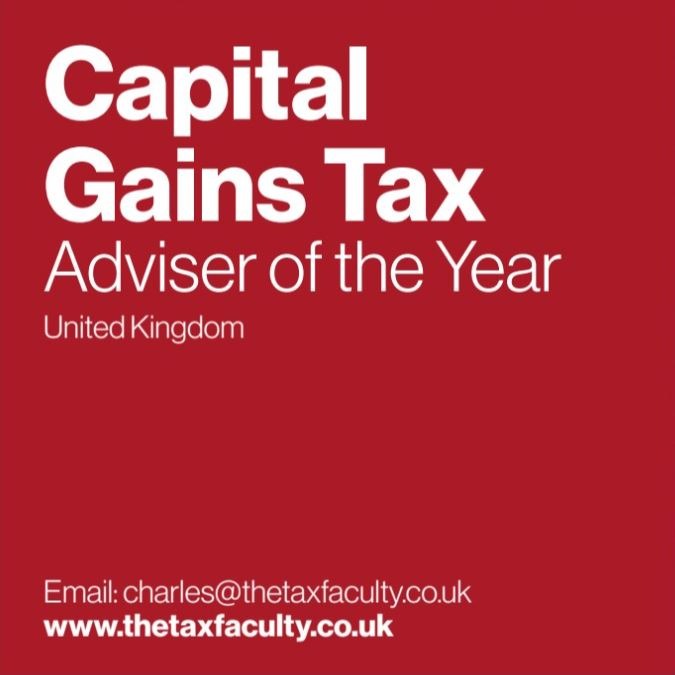Legal vs Beneficial Ownership: What Property Owners Need to Know
The terms 'Legal and Beneficial Ownership' are crucial when dealing with property transactions, inheritance, and Capital Gains Tax (CGT). In today's blog we take a closer look at what these terms mean. What is Legal vs. Beneficial Ownership?
HMRCLEGAL OWNERSHIPBENEFICIAL OWNERSHIPCGTINHERITANCETAX
The Tax Faculty
2/26/20253 min read
We recently read an insightful article on Accountancy Daily discussing property ownership structures, which prompted us to try to break down the key difference between legal and beneficial ownership in a way that's easy to understand.
These terms are crucial when dealing with property transactions, inheritance, and Capital Gains Tax (CGT) and ones we come across everyday here at The Tax Faculty. Let's take a closer look...


Key Terms
What is Legal vs. Beneficial Ownership?
Legal ownership
Legal ownership refers to the person (or entity) whose name is on the title deeds of a property. This individual is responsible for legal matters, such as registering the property with the Land Registry, signing contracts, and handling the mortgage (if applicable).
Beneficial Ownership
Beneficial ownership, on the other hand, determines who actually benefits from the property—meaning who has the right to receive rental income or any proceeds from a sale. Someone can be a beneficial owner without being named on the title deeds.
Example: Understanding the Difference in Practice
Let’s say Jane and Tom are a married couple. Jane buys a rental property in her name only, making her the legal owner. However, they agree that Tom will receive 100% of the rental income and any future proceeds from selling the property.
Jane’s name appears on the property title, so she is the legal owner.
Tom, though not on the title, benefits financially from the property, making him the beneficial owner.
This setup has tax implications—for example, if Tom pays a lower income tax rate than Jane, allocating beneficial ownership to him can reduce tax liability on rental income. Similarly, when selling the property, the way beneficial ownership is structured affects who is liable for Capital Gains Tax (CGT).
Why This Matters for CGT and Property Disposal
When disposing of a property, it’s important to establish who is liable for CGT payments. If a property has appreciated in value, the person who holds beneficial ownership will be responsible for the tax—even if they aren’t listed as the legal owner.
If you’re unsure how legal and beneficial ownership applies to you, it’s always best to seek expert advice. The Tax Faculty can provide guidance on tax planning strategies and legal considerations to ensure you remain compliant while minimising tax liabilities.
Do you think this applies to your property situation? Speak to a property tax expert at The Tax Faculty today to ensure you’re handling your CGT obligations correctly!
Capital Gains Tax Expertise: The Tax Faculty LLP Managing Partner Charles Tateson Named UK Capital Gains Tax Advisor of the Year 2023
The Finance Monthly Taxation Awards recognises the achievements of tax professionals from around the globe.
Winning such an award is no small feat. It is a reflection of hard work, extensive knowledge, and an ability to navigate the intricacies of the UK tax system.
Read more about Charles and the award here.



Contact Us
Contact us today on freephone 0800 0016 878 for a free consultation on all tax issues, or fill out the handy form below and we'll get back to you as soon as possible.
Alternatively, you can email us at info@thetaxfaculty.co.uk or complete the form below.
(Please note, non-UK callers may need to call 0207 101 3845 if your line cannot connect to our 0800 number)
Feel free to contact us through WhatsApp - we accept calls and messages.
Simply click the WhatsApp button below:
The Tax Faculty LLP - info@thetaxfaculty.co.uk
Call us on 0800 0016 878 for a free consultation
Copyright © 2024 The Tax Faculty LLP - All Rights Reserved


